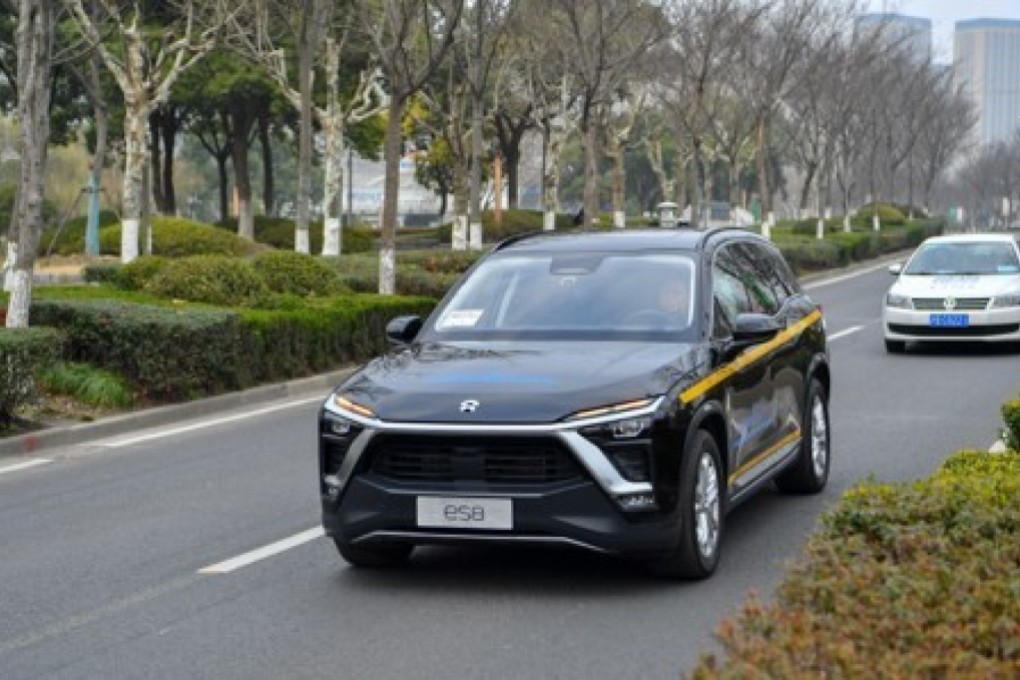Autonomous driving tech causes alarm in China following fatal NIO car accident, but experts say training mitigates risks
- Debate has erupted over driver-assistance systems, which offers some autonomous functionality, following a fatal accident involving a NIO ES8 SUV
- Many buyers say they were not educated about the tech’s limitations, which analysts say is necessary to help prevent future accidents

Drivers in mainland China are looking at driver-assistance systems with jaundiced eyes following a fatal car accident that has sparked debate about the possible misuse of the technology meant to be a pit stop on the way to fully autonomous driving.
“Fears have been played up,” said David Zhang, a researcher of the automotive industry. “The accidents were tragic and the carmakers would have to assess the risks in their technologies, but it is too early to sign a death warrant for those driver-assistance systems.”
The accident that has captured the nation’s attention happened on August 12, when a 31-year-old entrepreneur was killed while driving NIO’s ES8 SUV. The accident occurred while the NOP system was turned on, NIO said in a statement.
Police in Shandong province are investigating the case with NIO’s assistance. It will be months before the investigation is concluded, analysts said.